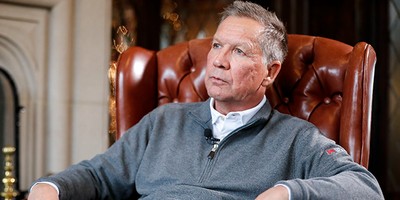One of the more controversial provisions of the Dodd-Frank Act is its restrictions on proprietary trading, contained in Section 619. Setting aside the fact that even Paul Volcker has said the provision would have done little to avoid to the recent crisis, the Act’s various exemptions illustrate the confusion and hypocrisy underlying the rule.
Foremost among these exemptions is the allowance of proprietary trading when the financial instrument in question is either a U.S. Treasury bill/bond or a security issued by Fannie Mae and Freddie Mac. These instruments are actually the bulk of proprietary trading. Remember the failed hedge fund Long Term Capital Management? Their signature trade was arbitraging on-the-run and off-the-run Treasuries. Ever hear of Bear Stearns? The largest single asset in Maiden Lane I, those Bear Stearn assets guaranteed by the New York Federal Reserve, were Fannie and Freddie securities.
Countries around the World, such as Japan and Canada, have already raised concerns that if their government debt is subject to the Volcker rule, the result will be less liquidity and higher funding costs. But then one has to suspect that former senator Chris Dodd (D-CT) and Rep. Barney Frank (D-MA) understood this, as they allowed an exemption for Treasuries and Agencies (Fannie/Freddie). While I’m no expert on trade policy, this may very well raise World Trade Organization questions since the Volcker rule, as proposed, favors U.S. debt over foreign debt. Of greater concern should be that the Volcker rule favors non-productive investment, that of the U.S. government and Fannie/Freddie, over productive investment, such as corporate paper.
Recommended
As in so many other areas, Dodd-Frank does leave the actual decision-making to the bank regulators. (Is it too much to ask Congress to actually legislate?) Section 619 is very clear that regulators may exempt Treasuries and Agencies, which implies they also may not. The first best solution would be to just scrap the Volcker rule, but if we are going to have it, then apply it to everyone and all asset classes. Otherwise, one is just introducing additional distortions into our financial markets, some of the same distortions that actually lead to the financial crisis.

























Join the conversation as a VIP Member